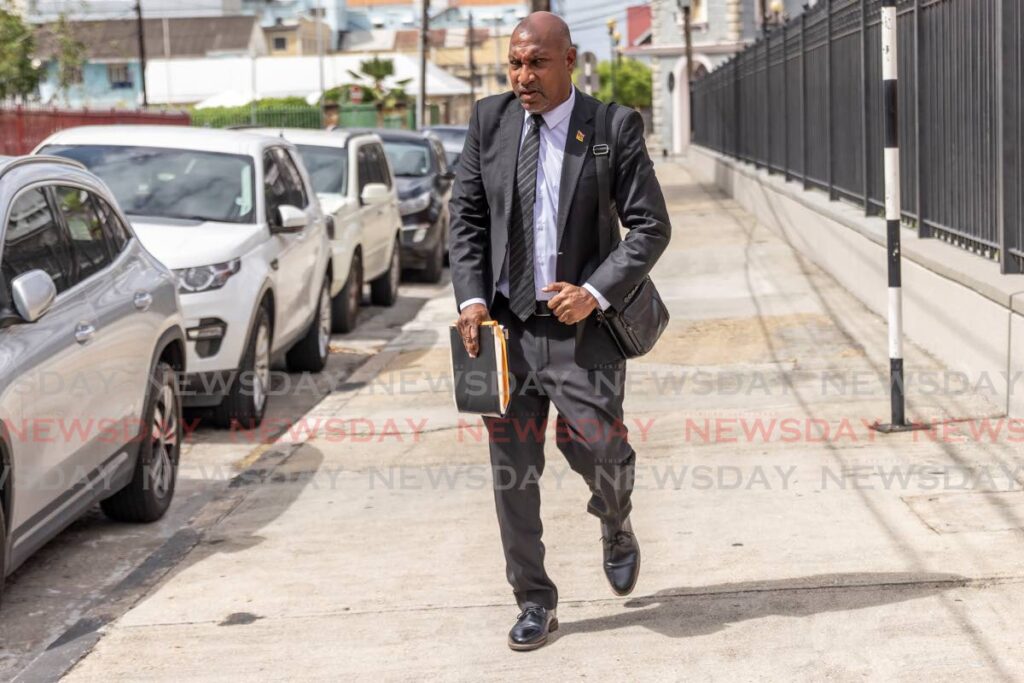In a striking shift from traditional parliamentary discourse, Senator Anil Roberts has taken to his daily blog to level accusations against the family of St Vincent and the Grenadines Prime Minister Ralph Gonsalves. This unconventional approach, characterized by short video clips produced over morning coffee, marks a bold new venue for government communication. Roberts is not alone in this endeavor; Phillip Alexander, a fellow Minister in the Housing Ministry, has similarly used social media to voice contentious opinions, including those targeting Venezuela’s executive vice president, Delcy Rodriguez. These online rants have drawn rebukes from the Prime Minister, yet they continue unabated, reflecting a broader trend of politicians leveraging social media to bypass traditional journalistic scrutiny. The Prime Minister, Kamla Persad-Bissessar, has not enforced her public demand for Alexander to ‘stay in his zone,’ suggesting a tacit acceptance of this new communication methodology. This shift towards social media as a primary tool for political communication is not without consequences. The pursuit of viral spread often replaces reasoned debate with theatrics, as seen in Homeland Security Minister Roger Alexander’s inflation of a plastic bag for local media. This trend not only leaves the public uninformed but also fosters an environment ripe for misinformation and idle speculation, ultimately devolving political discourse into dissonance and despair.
